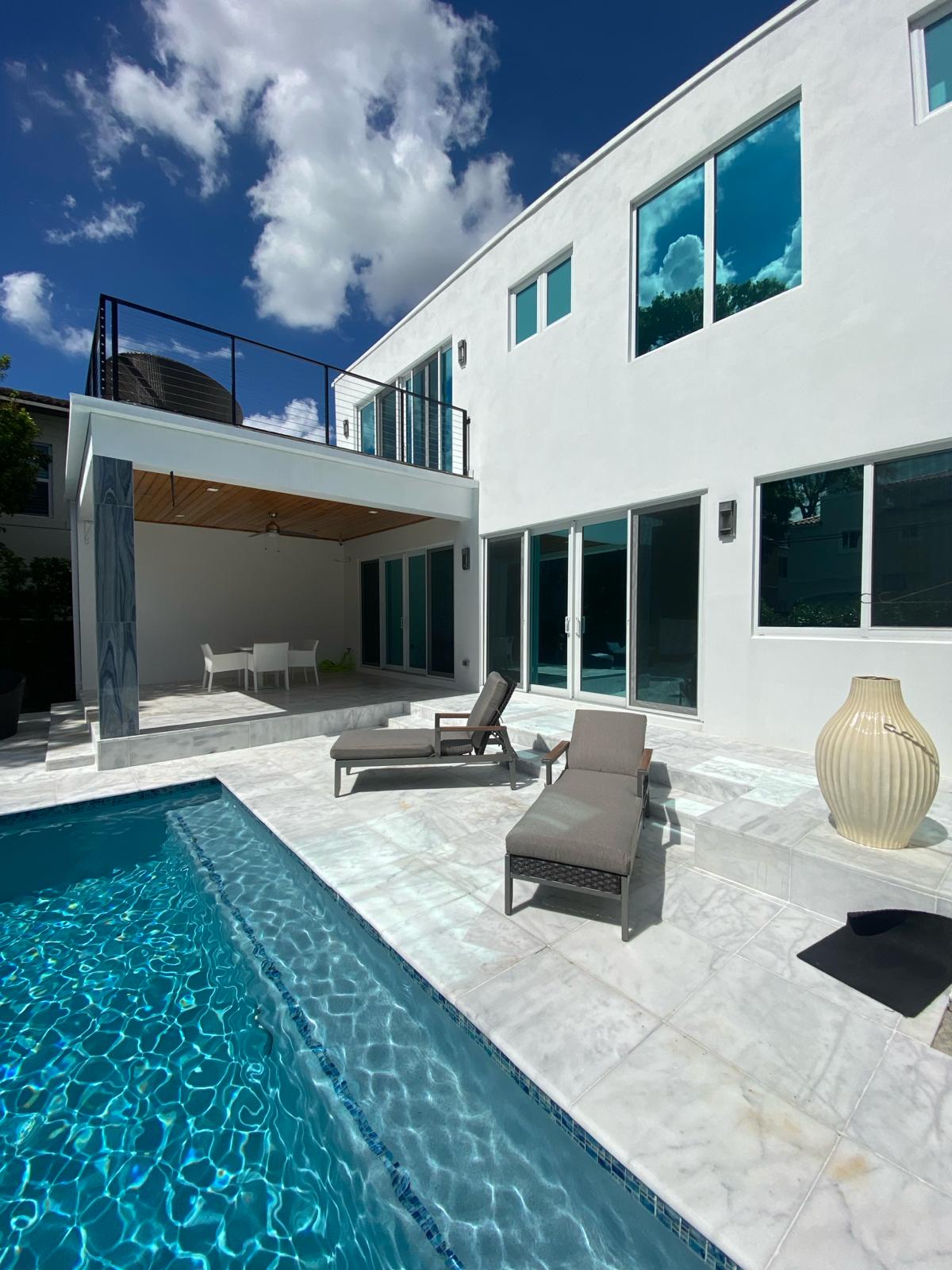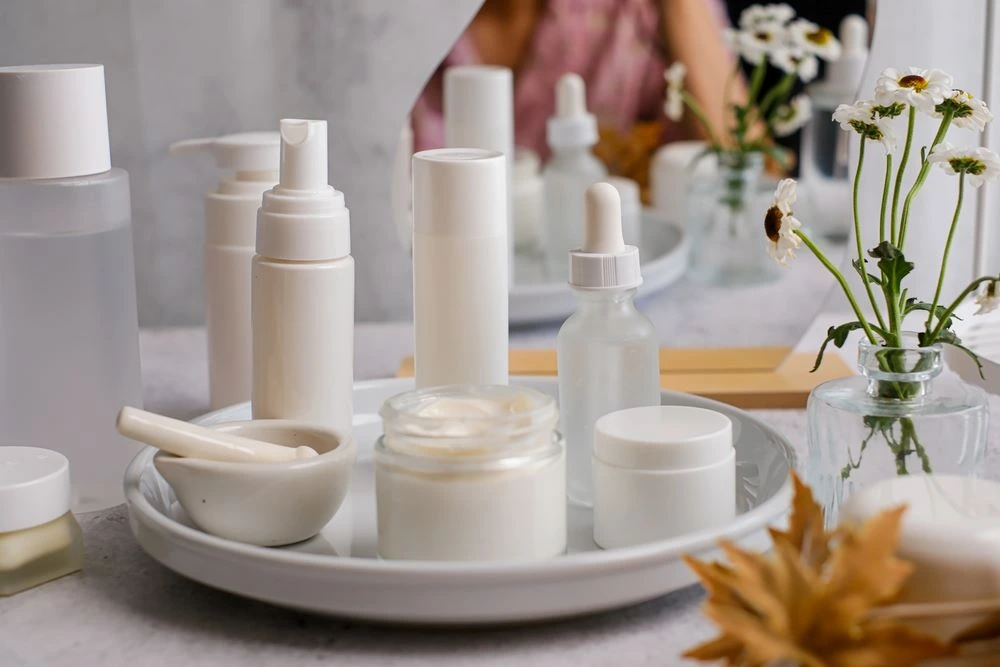Protecting Your Business from UV Damage: Commercial Window Tinting

In today’s business environment, safeguarding your assets and ensuring a comfortable workspace are paramount. One often overlooked yet highly effective solution is commercial window tinting. This guide delves into the myriad benefits of window tinting, emphasizing its role in protecting your business from harmful ultraviolet (UV) radiation.
Understanding UV Radiation and Its Impact on Businesses
What is UV Radiation?
Ultraviolet radiation is a form of electromagnetic energy emitted by the sun. It is categorized into three types:
- UVA (320-400 nm): Penetrates deeply into the skin and contributes to aging and long-term skin damage.
- UVB (290-320 nm): Responsible for sunburn and has a significant role in developing skin cancer.
- UVC (100-290 nm): Mostly absorbed by the Earth’s atmosphere and does not reach the surface.
Effects of UV Radiation on Business Assets
Prolonged exposure to UV radiation can have detrimental effects on various aspects of a business:
- Fading of Furnishings and Merchandise: UV rays can cause colors to fade and materials to deteriorate, affecting the appearance and longevity of furniture, carpets, and products.
- Health Risks to Occupants: Employees and customers exposed to UV radiation indoors may face increased risks of skin damage and related health issues.
- Increased Energy Costs: UV rays contribute to indoor heat gain, leading to higher air conditioning usage and energy expenses.
The Role of Commercial Window Tinting in UV Protection
How Does Window Tinting Work?
Window tinting involves applying a thin laminate film to glass surfaces. This film is designed to:
- Block Harmful UV Rays: Quality window tints can block up to 99% of UV radiation, significantly reducing the risk of fading and damage to interior assets.
- Reduce Solar Heat Gain: By reflecting or absorbing solar energy, window tints help maintain a cooler indoor environment, enhancing comfort and reducing reliance on air conditioning.
Types of Window Films
Selecting the appropriate window film is crucial for maximizing benefits:
- Dyed Films: Utilize a dye layer to absorb solar heat and reduce glare. They offer basic UV protection but may fade over time.
- Metalized Films: Contain metallic particles that reflect heat and UV rays. They provide durability and effective heat reduction but can interfere with electronic signals.
- Ceramic Films: Incorporate nano-ceramic technology to block UV and infrared rays without affecting visibility or electronic devices. They are durable and offer superior performance.
Benefits of Commercial Window Tinting
Protection Against UV-Induced Fading
By blocking up to 99% of harmful UV rays, window tinting preserves the original color and quality of furniture, merchandise, and other valuable items within your business space. This not only maintains aesthetics but also prolongs the lifespan and value of these assets.
Enhanced Comfort and Energy Efficiency
Window tinting reduces solar heat gain, leading to a cooler indoor environment. This results in:
- Lower Energy Costs: Decreased reliance on air conditioning systems translates to significant energy savings.
- Improved Occupant Comfort: A consistent and comfortable temperature enhances the well-being of employees and customers alike.
Glare Reduction
Excessive glare can hinder productivity and create discomfort. Window tinting minimizes glare, ensuring a more comfortable and efficient workspace.
Enhanced Privacy and Security
Tinted windows offer increased privacy by limiting the view from the outside. Additionally, certain window films can reinforce glass, making it more resistant to shattering and thereby enhancing security against potential break-ins.
Implementing Window Tinting in Your Business
Assessing Your Needs
Before selecting a commercial window tinting, consider the specific needs of your business:
- UV Protection Requirements: Determine the level of UV protection necessary based on the sensitivity of your interior assets.
- Desired Aesthetic: Choose a tint that complements your building’s design and maintains the desired level of natural light.
- Budget Considerations: Evaluate the cost-effectiveness of different film types in relation to their benefits.
Professional Installation
To ensure optimal performance and longevity, it is advisable to have window films installed by professionals. Expert installers can recommend the best products for your needs and ensure proper application.
Maintenance and Care
Maintaining your window tint involves:
- Regular Cleaning: Use non-abrasive cleaners and soft cloths to prevent scratching.
- Periodic Inspections: Check for signs of peeling or bubbling and address issues promptly to maintain effectiveness.
Conclusion
Investing in commercial window tinting is a strategic decision that offers multiple benefits, from protecting your assets against UV damage to enhancing energy efficiency and security. By selecting the appropriate window film and ensuring professional installation, you can create a more comfortable, safe, and cost-effective environment for your business.






